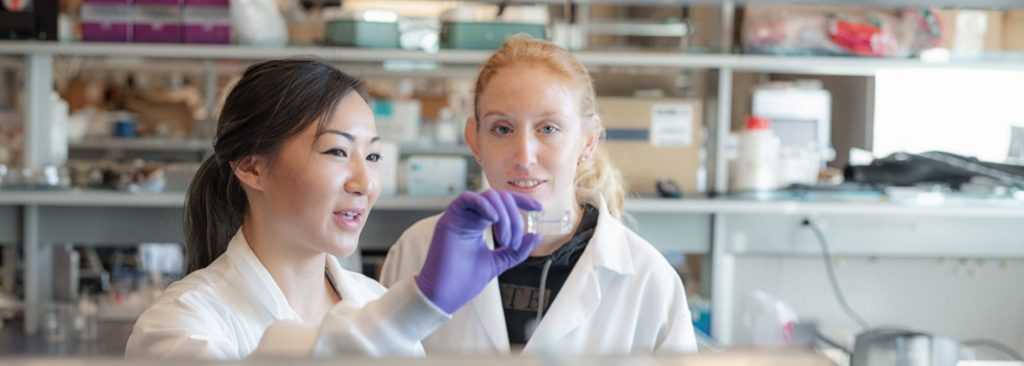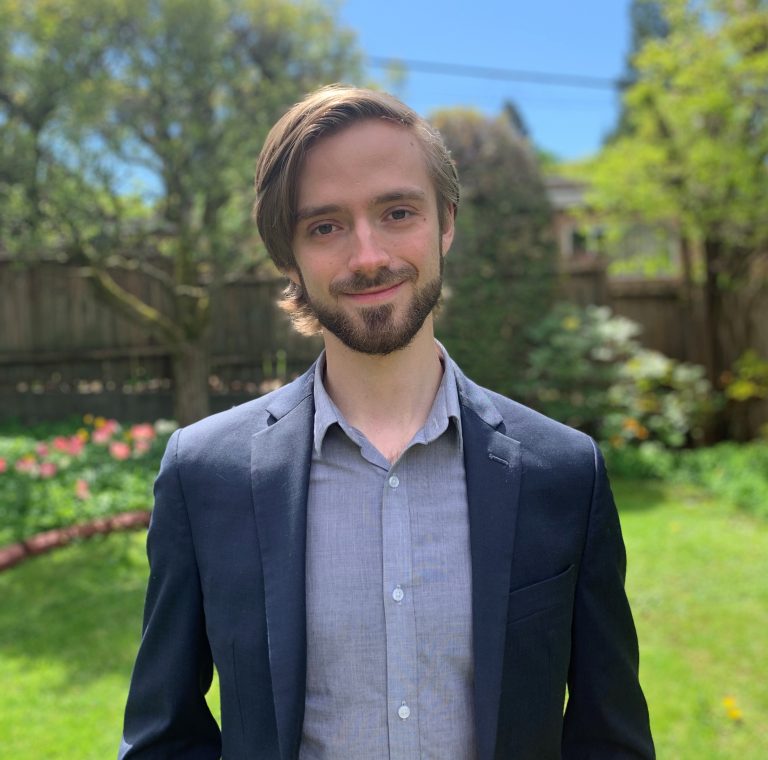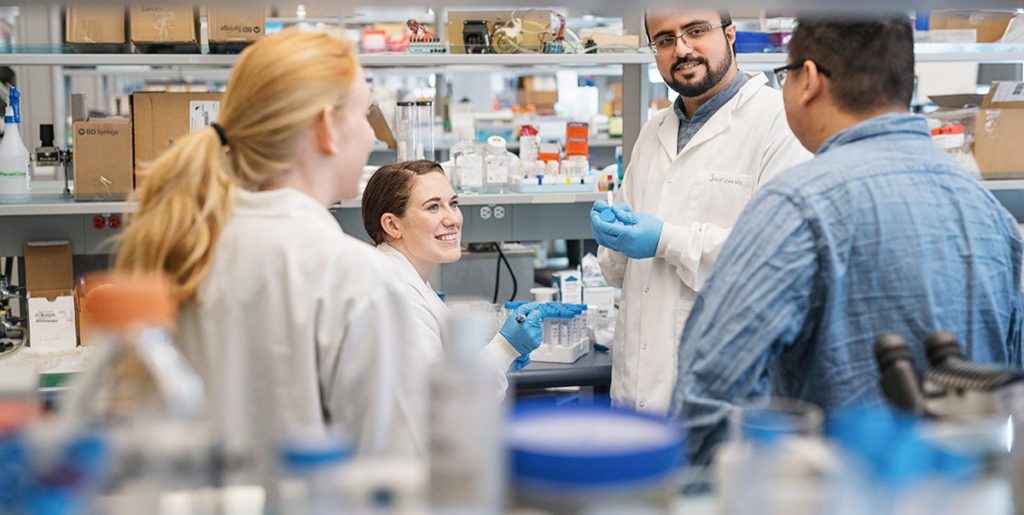Collaborative and interdisciplinary research is integral to scientific advancement. Too often, silos form around avenues of inquiry (and sometimes entire fields of study) limiting exposure to bright and enthusiastic minds who are ready to innovate and make a difference. It’s no small leap to see this as scientific advancement shooting itself in the foot.

This is one of the many guiding principals that led to the school’s launch of its PhD Rotation Program. We are working to provide an education and research experience that isn’t limited by field, technology or mindset. It’s one of the few offerings of its kind in Canada, gives students hands-on introductions to a broad spectrum of scientific disciplines, laboratories and lab cultures.
This unique opportunity gives students a chance to meet, work with, and gain experience from researchers across multiple streams in the Biomedical Engineering space. And as Matthew Hickey describes below, this exposure is integral to widening a student’s understanding, experience, and skill set, all while showing them just some of their

Q&A With Matthew Hickey
What drew you to the rotation program?
When looking into grad school, I started out applying to UBC for the MASc in Biomedical Engineering. In submitting the application there was an option to also apply to a brand-new program, the SBME PhD Rotation. In this new program, students would spend eight months rotating through three different labs and supervisors. At the end of the rotation period, the student would enter the PhD program, choosing one of their rotation PIs as their supervisor as they pursue their research. This was new, something I saw as wildly different from a conventional path through grad school. But the same thing that made it so unconventional also made it integral to my understanding of the field of biomedical engineering and my very positive experience as a graduate student at UBC.
How was your experience moving between labs?
When rotating through labs I discovered new research streams within BME that I didn’t even know existed, especially for someone coming from a mechanical engineering background. Each lab introduced me to new approaches to both clinical and translational research, broadening my understanding, interests, and skills within the field of biomedical engineering.
As both a student and a researcher, did you find value in the program?
I found huge value in the rotation program. I was exposed to new and exciting research interests and could develop a broad range of research skills across three labs. I was given the chance to work on equally interesting but very different projects involving virtually augmented devices for orthopedic surgery, optical assemblies for single cell isolation, and bioreactor design for enhanced stem cell production.
Did the program shift or in any way change your mindset regarding possible future paths in the field?
The program presented me with various pathways I could take in shaping my career, most of which I was completely unaware of when I started. For example, I never thought that I would have the chance to do research and learn skills required to work in a wet lab-based research environment. A year later, I may not use all the skills I developed within my primary research, but they have been integral to my development as a biomedical engineer and as a teaching assistant for all types of lab courses.

What did you learn about the laboratory experience? Where there any surprises?
I was pleasantly surprised by the warm and social atmosphere present in every lab I visited. Everyone was focused and dedicated to their research, but would always make time for social interactions, even if it was just chatting about weekend plans or heading to Koerner’s Pub for a night of trivia.
What was your biggest take away from the program?
Easily my biggest takeaway was how large the field of biomedical engineering truly is and how diverse the research is within the School of Biomedical Engineering at UBC. Nearly any researcher with a scientific/engineering background will find a broad range of applicable research that will fit their skill sets within the UBC School of Biomedical Engineering.
What would you say about the program to young and upcoming researchers like yourself?
I would highly recommend any incoming student offered a place in this program to take the chance and embrace it, even if you feel like you already have a research direction figured out. The chance to observe different approaches to medical research, the freedom to develop a broad scientific based skill set, and the ability to create a diverse network of researchers within the School of Biomedical Engineering is an opportunity offered through this program that is unlike any other graduate program out there.
Special thanks to Matthew for taking the time to answer our questions!
The PhD Rotation Program at a Glance
Consisting of three, two-month laboratory rotations, students work directly with potential supervisors on a variety of Biomedical Engineering projects. Not only does this introduce students to aspects of the field they may not have considered, this format also ensures that when students choose their thesis supervisor at the end of the third rotation, they’ve found and already collaborated with the best possible fit for their PhD studies.